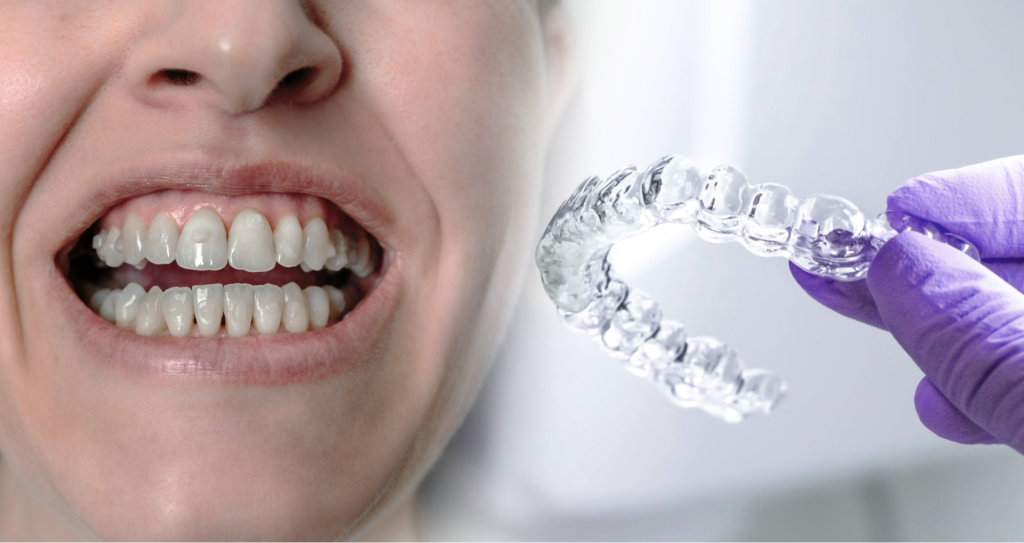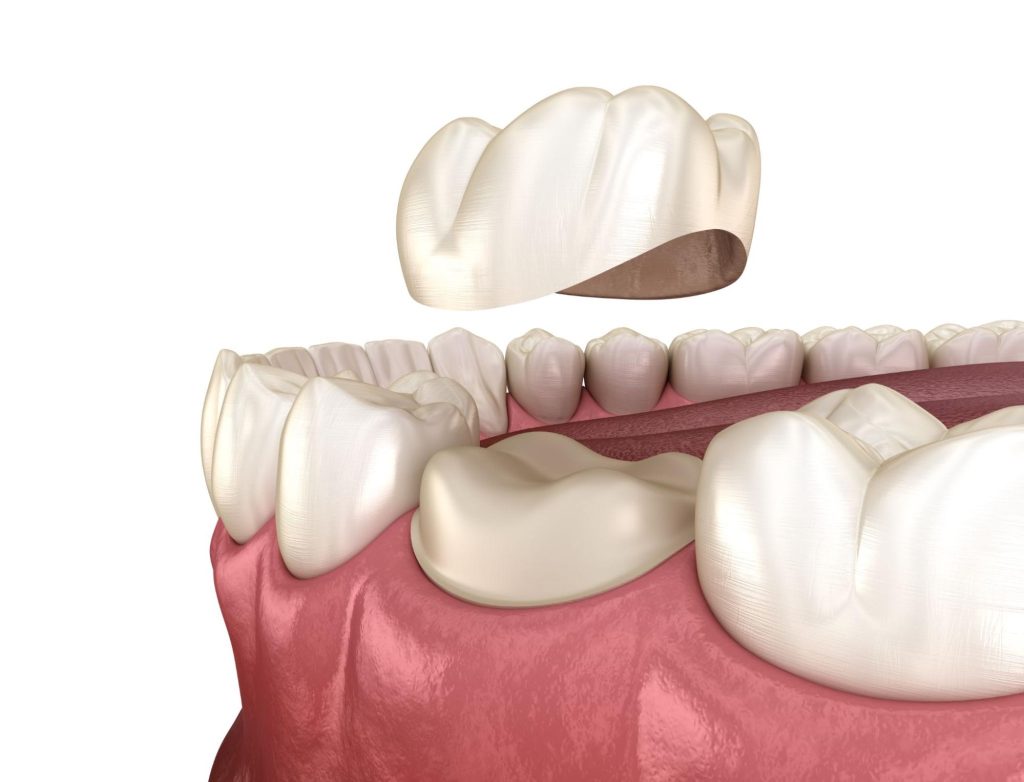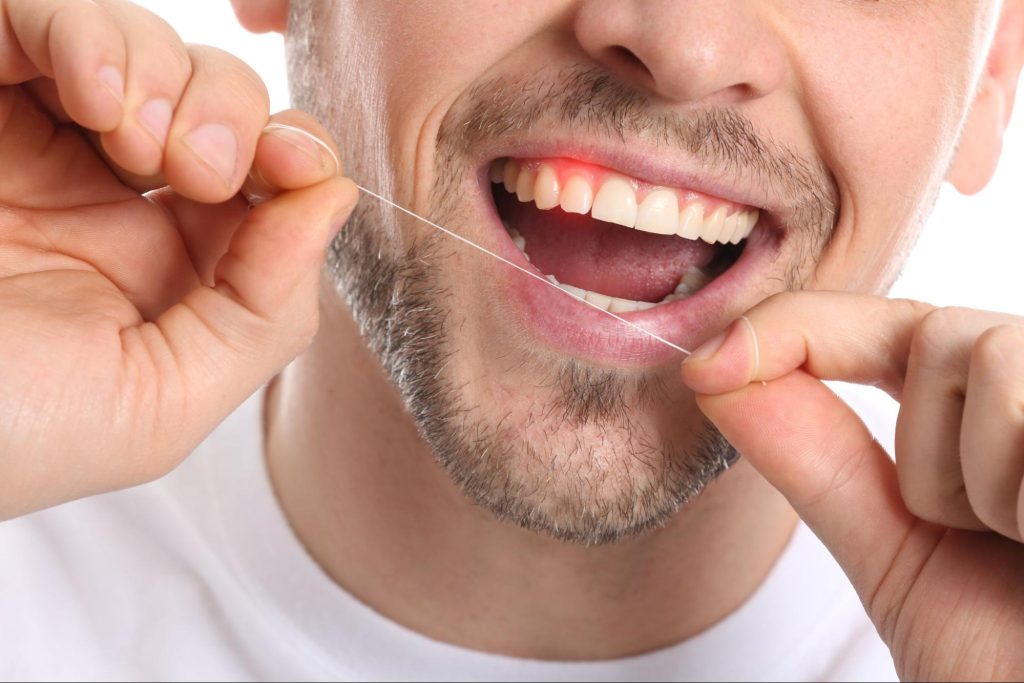Are you experiencing jaw pain and stiffness? Do you find it difficult to open your mouth wide? If so, you may be suffering from a locked jaw. A locked jaw can be painful and uncomfortable and is not something to be ignored or taken lightly.
It can cause several dental problems and take a toll on your health because of disrupted sleep and undue stress on your jaw muscles. If you’re looking for answers on what is a locked jaw, its symptoms, prevention and treatment, we’re here to help. Read on to find out more.
What is a Locked Jaw?
A locked jaw, also known as trismus, is a condition in which the jaw muscles become so tight that the mouth cannot open or close properly. Trismus is a disorder of the jaw muscles characterised by a spasm of the mastication muscles that restricts the opening of the mouth.
Clinically, trismus is defined as a limitation of jaw opening or mouth opening due to muscular spasm but also refers to any difficulty in opening the mouth or jaw, regardless of the cause. Lockjaw may impact a person’s ability to speak, eat, and maintain oral hygiene, and can be either temporary or permanent. Temporary lockjaw is more common, but in severe cases, it can cause facial distortion and make swallowing difficult.
Locked Jaw Symptoms You Need to be Aware of
A locked jaw can not only be uncomfortable and painful but also mentally distressing for the person experiencing it. It’s important to be aware of the symptoms of a locked jaw and seek treatment rather than waiting for it to pass.
Some of the symptoms of a locked jaw include:
- Patterns of wear on your teeth
A locked jaw can cause tension in the jaw muscles, resulting in bruxism (teeth grinding). This can lead to the wearing down of the tooth enamel, causing it to become flattened or chipped.
- Clicking jaw joints
When the jaw is locked, the muscles and ligaments that support the jaw become tight and can cause the jaw to click when moved. A clicking or popping sound when you try to open your mouth is a sign of a locked jaw.
- Bite marks on your inner cheek
A locked jaw makes it difficult to open your mouth, making you clench your teeth tightly. This can cause the teeth to press against the inner cheek, resulting in bite marks.
- Tooth sensitivity
A locked jaw exerts undue pressure on the teeth, irritating the nerves and leading to sensitivity to hot and cold temperatures.
- Fractured enamel
A locked jaw makes you clench your teeth, weakening tooth enamel. This wears down the enamel, leading to an increased risk of teeth fractures or cracks.
- Receding gums
When the jaw is locked, the teeth are unable to move and shift into their proper positions, which can cause the gums to recede and the teeth to become misaligned, leaving them at greater risk of becoming loose and falling out.
Causes of a Locked Jaw
A locked jaw can be caused by multiple factors. Some of the most common causes of a locked jaw include:
- Temporomandibular Joint Disorders
The two temporomandibular joints (TMJ) are located on either side of the head, just in front of the ears. They connect the lower jaw (mandible) to the temporal bone of the skull, controlling jaw movements such as chewing or talking. The bones of the joints are connected by a soft disc of cartilage that acts as a hinge, allowing the jaw to open, close, and move. This cartilage also absorbs shocks and prevents friction. If these joints are injured or put under pressure, their function can be impaired, resulting in limited jaw movements and other symptoms such as clicking and popping sounds. Treatment for TMJ can include physical therapy, a custom bite splint or muscle relaxant injections.
- Tetanus Infection
Tetanus is a serious bacterial infection and can cause a locked jaw. It affects the muscles and nervous system throughout the body, causing them to tighten and contract. This infection usually starts in the neck and jaw muscles but can spread to the rest of the body. Tetanus is caused by a toxin which causes the muscles in the body to become rigid and contract jaw muscles.
- Teeth Grinding
Bruxism or teeth grinding is a condition which makes you unintentionally grind your teeth, more commonly at night. The continuous pressure on your jaw and teeth can lead to a locked jaw. Most people with bruxism are unaware they have it and usually come to know of it when their loved ones hear them doing it. Some of the symptoms of teeth grinding include jaw pain and stiffness, worn down teeth, headaches and earaches. Treatments include a mouthguard, sleep therapy and relaxation techniques.
- Rheumatoid Arthritis
Rheumatoid arthritis is an autoimmune disorder that causes inflammation of the joints. It is caused by the body’s immune system attacking its own tissues, leading to joint pain, swelling, and stiffness. It can also cause fatigue, loss of appetite, and fever. In some cases, it can cause a locked jaw, where the jaw becomes so stiff and painful that it cannot be opened or closed. This happens due to the inflammation of the temporomandibular joint, the joint connecting the lower jaw to the skull.
- Stress
Stress or anxiety can also make you clench or grind your teeth unintentionally when you’re asleep or awake. This can cause jaw pain, stiffness and wear on your teeth, making it difficult to chew or talk.
How to Prevent a Locked Jaw
Even though a locked jaw is a temporary condition most of the time, no one wants to go through the discomfort or pain it may cause. Here are some home remedies you can do to prevent a locked jaw from occurring again:
- Do frequent jaw exercises to strengthen your jaw muscles – Regularly stretching and exercising your jaw muscles can help to reduce tension and strengthen your muscles, helping prevent a locked jaw.
- Use an occlusal splint if you grind or clench your teeth – An occlusal splint can help realign the jaw and reduce pain caused by temporomandibular joint (TMJ) disorder.
- Improve your body posture – Poor posture can lead to tension in the jaw muscles, which can cause a locked jaw. Make sure to sit and stand straight, with your shoulders back and your chin parallel to the floor.
- Avoid stressful situations – Stress can cause tension in the jaw muscles, leading to a locked jaw. Try to practise relaxation techniques such as deep breathing or meditation to reduce stress.
Locked Jaw Treatment Options
There is no single cause behind a locked jaw. As such, you need to find the root cause behind your locked jaw to get accurate treatment. A qualified medical practitioner is the best person to help you diagnose the reason behind a locked jaw so you can receive the correct treatment.
Some of the locked jaw treatment options include:
Custom Bite Splint
A custom bite splint helps to reduce the tension in the jaw muscles, allowing them to relax and reduce the locking of the jaw. The splint also helps to keep the teeth in proper alignment, which can help to reduce the risk of further damage to the jaw joint.
A jaw splint is a common treatment for bruxism and helps in protecting teeth from damage during teeth grinding. At Mosman Fine Dental, we create a custom mouthguard by taking a mould of your teeth and using digital scans with 3D technology for a flawless and comfortable fit.
Muscle Relaxant Injections
Muscle relaxant injections can help treat clenching jaw muscles by decreasing muscle activity and making your muscles less powerful. This does not affect your ability to chew. It simply means your jaw muscles are less forceful, helping relax your jaw muscles, decrease tooth sensitivity and improve headaches and sleep.
This treatment involves a series of small injections into the jaw muscles, which need to be repeated every 3 to 4 months to maintain symptom relief, and can be incredibly helpful in restoring normal jaw function. Our muscle relaxant injections have shown to be successful in helping patients suffering from jaw clenching, alleviating discomfort and unnecessary stress on the jaw muscles.
Other alternative treatments for a locked jaw include physical therapy, lifestyle changes and relaxation techniques to help relax the jaw muscles and find locked jaw relief.
Move Towards a Healthier Lifestyle with Our Jaw Clenching Therapy
Improve the quality of your life by enjoying undisrupted sleep and improved oral health with our bespoke solutions to medical conditions like teeth grinding, jaw clenching and sleep apnoea. We conduct a comprehensive consultation, accessing your oral health and lifestyle factors to help diagnose your condition and provide personalised treatment plans. Talk to the dentists at Mosman Fine Dental about jaw clenching and headache therapy today.



